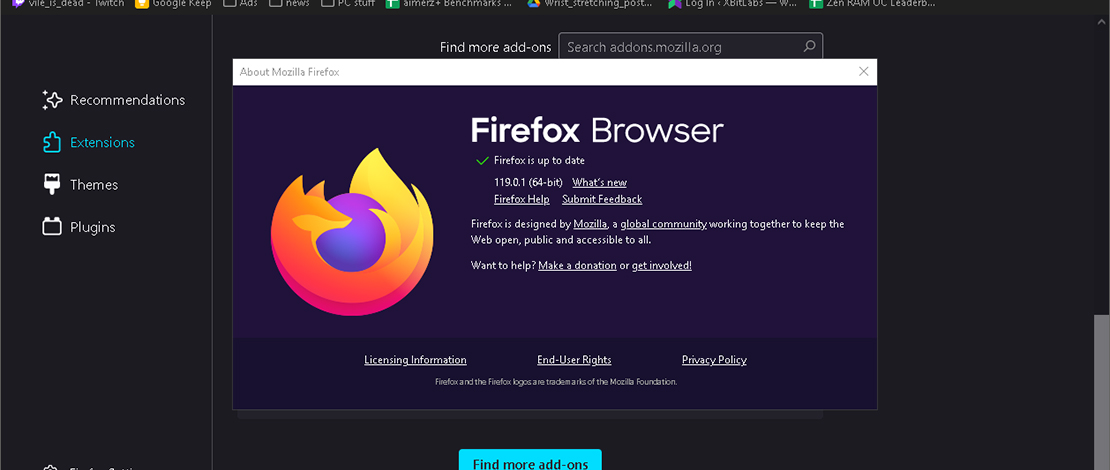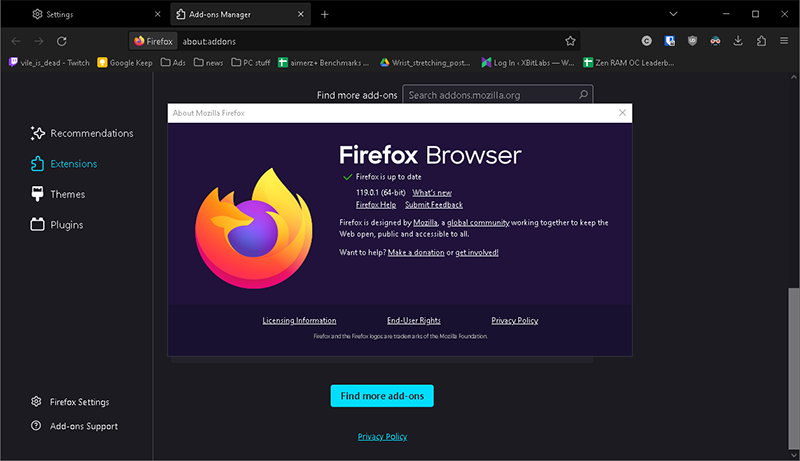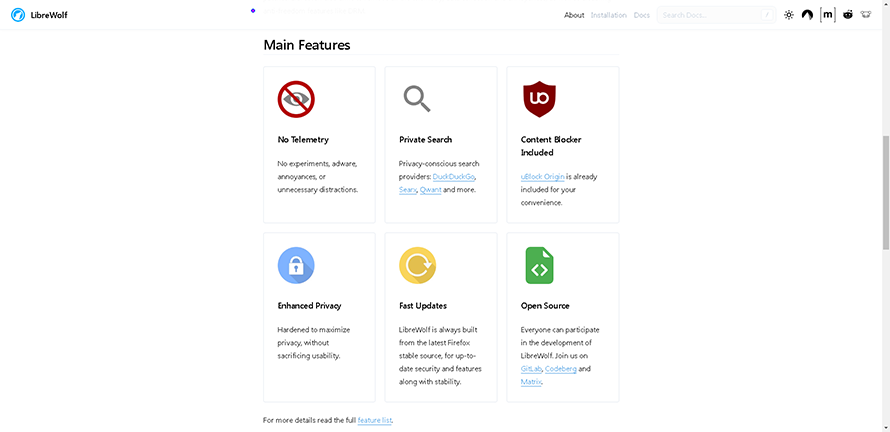Avoiding Manifest V3 – Escaping the Ad-Pocalypse

While Manifest V3 has not been implemented yet by Google, the far-reaching implications of ad blockers being unable to function properly on any Chromium browser should already put the usability of Chrome/Chromium-based browsers under a question mark.

I have been exploring what browsers would fit my needs as a gamer, and whenever I thought I had finally reached an answer, something groundbreaking like Manifest V3 would be introduced forcing me to conduct more research.
No Chromium Browser Is Safe
Just to make sure I have emphasized this enough, but the moment Manifest V3 takes effect fully no Chromium-based browser will be safe from it – Chrome, Edge, Opera, Vivaldi, Brave, etc. In short, anything that runs on Chromium as a foundation will most likely be unable to completely evade their extensions not blocking ads properly online.
What Options Are Left?
With most popular browsers being based on Chromium, what is there left to use? From my research and personal experience the only other real alternatives are Firefox and Firefox forks. I have been actively using Thorium for quite a while (before Chris Titus made it a mainstream browser) along with Ungoogled Chromium and a backup Firefox installation but soon I might be forced to part ways with my first 2 choices and focus on Firefox.
What Firefox Forks Are Worth Investigating
Firefox by itself is not exactly a champion of privacy with Google Analytics still running in their browser and Mozilla itself collecting telemetry data. There are however ways to make Firefox usable from a privacy perspective and also from a performance standpoint.
Hardened Firefox
The most thorough way of enhancing your Firefox experience is to harden it yourself by using a custom user.js file which contains all of the parameters you would want to configure to make Firefox run leaner and more secure.
You can explore different options like arkenfox, Narsil, or the most user-friendly option Betterfox. The first two user.js files are a lot more privacy-oriented, disabling a lot of what normal users might still want to use (login data, history, etc), so you can either tune the first two ones yourself or try Betterfox as an alternative.
LibreWolf
LibreWolf is a pre-hardened Firefox installation (based on arkenfox) that comes with all of the work done to it by default. This means you do not need to fiddle with user.js files or tune anything manually – you just download the installer and run it.

LibreWolf is a leaner, more privacy-oriented Firefox that allows you to enable some of the options you might like, through their advanced settings options to make the browser a bit more user-friendly.
Waterfox
Waterfox is yet another Firefox fork that is focused on more privacy and a much faster browsing experience. Waterfox does not come with all of the bloat and telemetry normal Firefox comes with but it also does not outshine a properly configured Firefox.

There are a lot more forks and user.js files for Firefox so this short list is the tip of the iceberg when it comes to configuring your browser the way you want it.
Conclusion
For now, with Firefox supporting both Manifest V2 and V3 the only real shot at efficient ad blocking comes by using a configured Firefox fork or something similar to it. It is unclear if Mozilla will maintain its promise to support Manifest V2 which allows extensions such as ad blockers to work, but for now, it might be a good idea to introduce a Firefox fork/user.js as a secondary browser into your routine so you can be used to it if the ad-pocalypse hits as hard as predicted.
There’s another browser worth checking out:
https://blog.torproject.org/releasing-mullvad-browser/